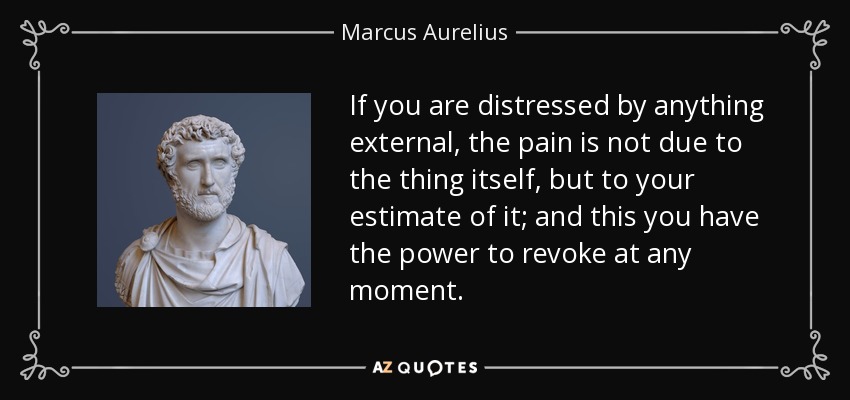Well I am sure this election has me down, but I LOVE to argue politics. usually gives me a boost in spirit.
I am sure that is a lot of it.
I myself have tuned out of most of it, and have been spending considerably less time on the forum. I try to limit myself to less than an hour a day.
After my second and third procedures for my AVM's and my subsequent disability, I went back to my therapist, (the one I had for my first AVM and craniotomy for the subsequent depression, chronic migraine and dysthymia.)
He is not, nor was ever a believer in long term use of psychoactive drugs, they tend to do more damage and have neurological dependence associated over the long haul. The reason we have an epidemic in the world of depression and anxiety disorders is not 'chemical imbalance,' it is because we have a life imbalance and a distorted way of viewing how we interact with society and each other.
What he practiced was something that has empirical results. This is what I wanted. It doesn't matter what theories are preached, or what problems you had with your mother, or what trauma you lived. . . none of it matters, what matters is NOT FEELING DEPRESSED anymore.
. . . and this method works. It is not practiced everywhere, because, well, it doesn't push any drugs, it relies on YOU to identity in your life what thoughts and behaviors are not healthy, or IOW classified as, irrational.
They call it Cognitive Behavioral Therapy. The short of it is, it helps you learn that it is not your life or situation, but your
outlook on those things that is causing your depression, there IS NO QUICK FIX. With work and practice, you eventually become resilient, and can live with the slings and arrows of outrageous fortune, with out them affecting your emotions.
In ancient times, the Greeks and Romans had Stocism, which taught the exact same thing. In the East, Taoism was pretty much the same. It isn't what is happening to you, it is your attitude about what is going on about it. You are the decider of your own reality and how you want to feel about it.

www.mayoclinic.org
The parable of the vinegar tasters
Another short tale, this time based on a traditional Chinese painting subject, also known as the Vinegar Tasters.
Three wise men were travelling across the country, going from town to town to teach wisdom. At one town in particular, they were welcomed warmly by the townspeople, and offered gifts of the town's produce. One of the gifts was a large pot of vinegar. The first of the wise men dipped his finger into the vinegar, tasted it, and a sour expression came across his face. "This vinegar is too sour," he said, "take it away." The second of the wise men dipped his finger into the vinegar, tasted it, and a scowl came across his face. "This vinegar tastes terrible. It is far too bitter, take it away." Then the third man dipped his finger into the vinegar, tasted it, and smiled. "Mmm!" The other two looked at him confused. "Now this tastes like vinegar!"
In the Chinese tradition, the three vinegar tasters are Confucius, Buddha and Loazi, and each one's reaction is representative of their respective religion's attitude on life. Confucius sees the vinegar as soured wine, and sees it in need of correction, just as society should be maintained through strict rules. Buddha recoils at the taste of the vinegar, and sees it as being too extreme for the body and an example of the suffering of life. Laozi, on the other hand, recognises that vinegar is what it is, and our perception of it is biased by our judgement of what it "should be".
In the same way, all indifferents, be they goods such as vinegar or money or fine arts or even medicine, or events such as celebrations or tragedies or deaths, are all as they are and nothing more, neither inherently good nor bad. Recognise them as such and you will see how your perception has been coloured, and know where you have mistakenly placed your values. Only then will you be able to accept yourself as part of the harmony of Nature, rather than willing yourself against it.




